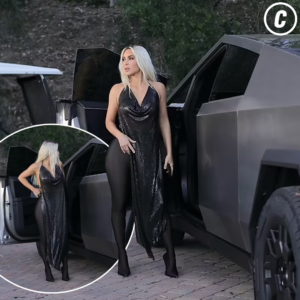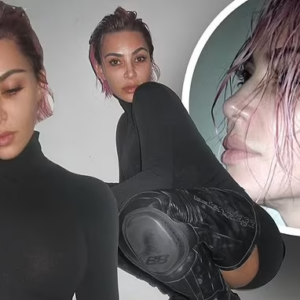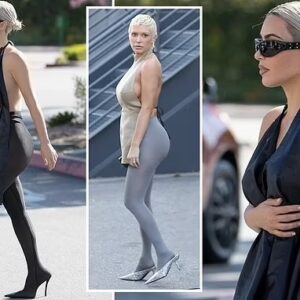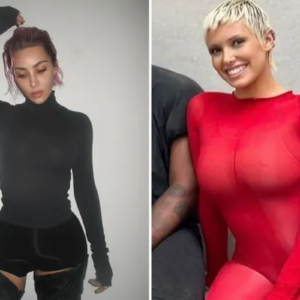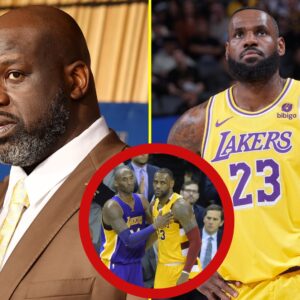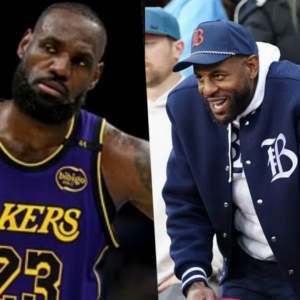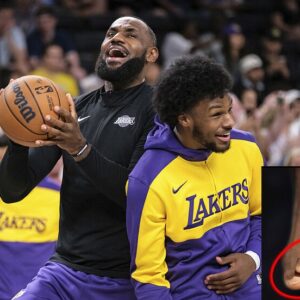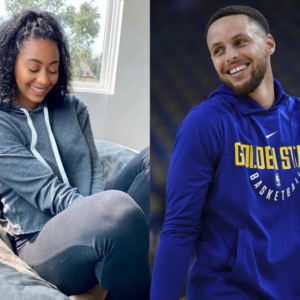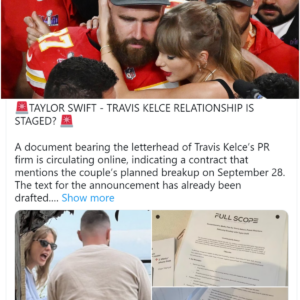Robin Williams was one of Hollywood’s most talented and respected actors. Having starred in many massively successful projects like Mrs. Doubtfire, Dead Poets Society, Good Will Hunting, and What Dreams May Come, he made a name for himself through his exceptional acting skills and the versatility in the roles he takes up. He also earned a number of accolades for his contributions to the film industry through the projects he was a part of, including being nominated for a number of Academy Awards and winning the same, for his work in the masterpiece, Good Will Hunting.
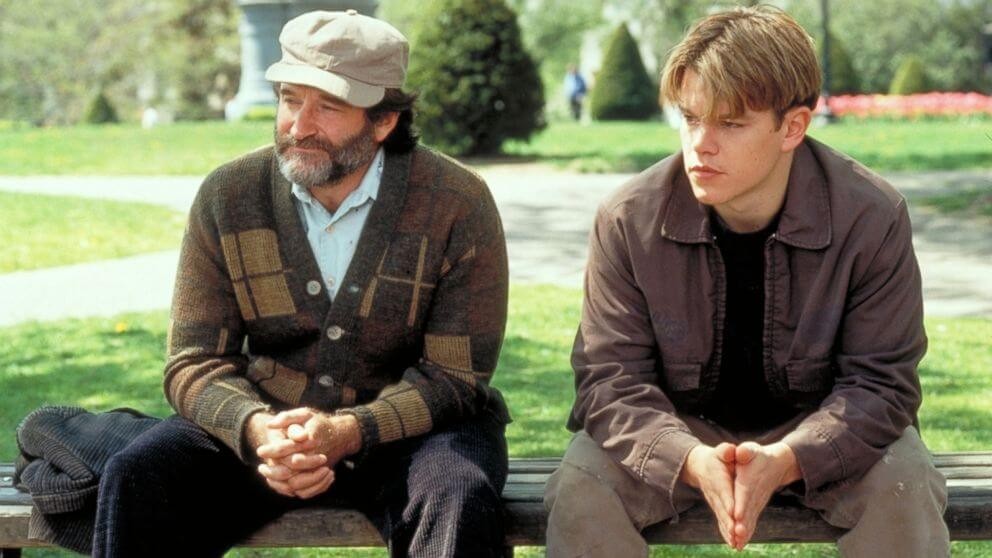
Robin Williams in Good Will Hunting
Even though this film is one of his most successful films, Wiliams was cheated out of making the profit he was promised he would make from this film, being removed from the cinema early for this sole reason. The reason for this was none other than the disgraced Hollywood producer, Harvey Weinstein
Robin Williams Made A First Dollar Gross Deal For Good Will Hunting
Kevin Smith, who had a huge role to play in the making of the film with Miramax, Harvey Weinstein’s production company, opened up about some behind-the-scenes drama that surrounded the release of one of the biggest films to come out of this company, Good Will Hunting. Talking to The Daily Beast, the house director revealed that Robin Williams, one of the protagonists of the film, ended up striking a first-dollar gross deal with the company before the film.
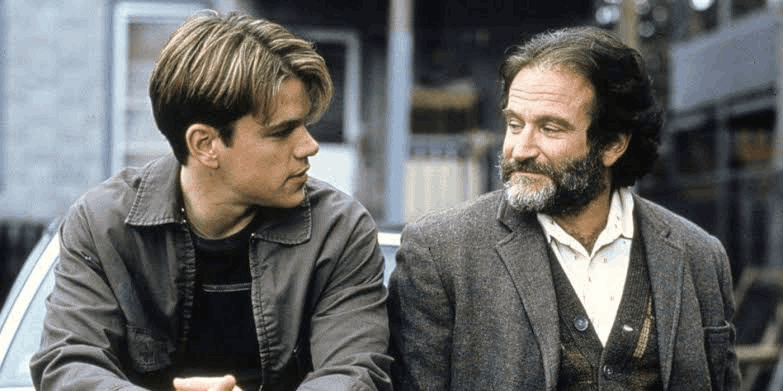
Robin Williams and Matt Damon in Good Will Hunting
“I remember they pulled that movie out of theaters while it was still earning at the time. It was doing incredibly well, and the deal that they’d made with Robin was a high-percentage first-dollar gross—a movie-star deal—and it was great, because instantly by putting Robin in the movie their pre-sales paid for the whole f***ing film. So, the movie was paid for and then the movie was making money hand over fist and made over $100 million.” Smith said to The Daily Beast
First-dollar gross deals, also known as movie star deals, are when participants in a film get a percentage of the box-office revenue that the movie makes. According to Smith, Williams’s deal was initially quite a good decision for the studio, considering the fact that after the actor was put in the film, pre-sales became so high that the money made from that was enough to cover the entire budget of the film. While Smith does not know the exact percentage that was set to be Williams’s profit, he knows that it is something along the lines of a 50/50 split.
Robin Williams’s Earnings Forced The Studio To Pull The Film From The Studio
This started to backfire very quickly for the studio as the film started to become extremely famous, reaching $100 million very easily. As reported by the Daily Beast, Kevin Smith had shared, that with the deal Robin Williams made, he would end up earning a lot more if the film crossed the $100 million mark. As a way to stop this and not lose any more money, Miramax, more specifically, the Weinstein brothers decided to remove the film from the theaters much earlier than planned.
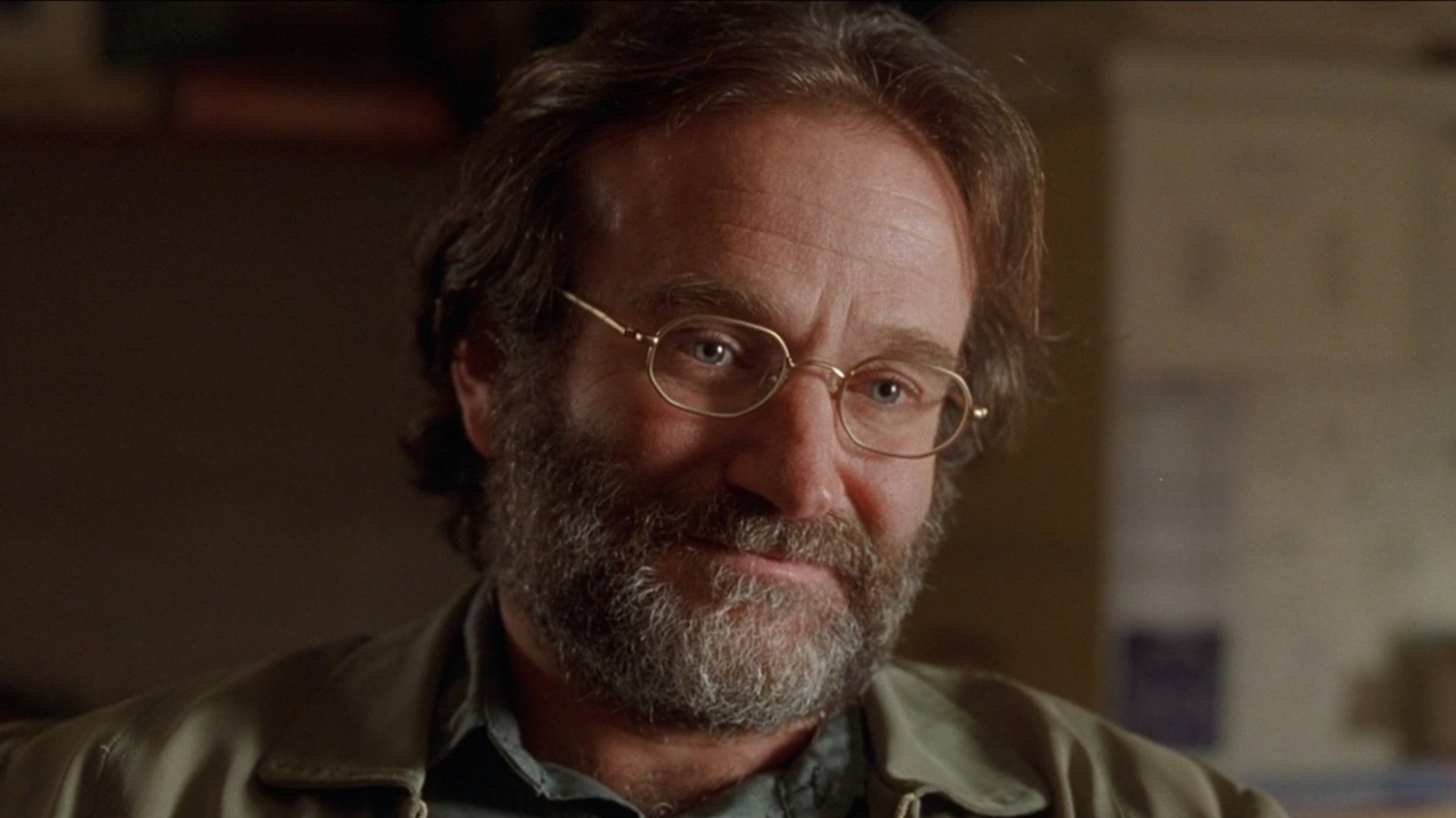
Good Will Hunting
“I was on the movie as a co-executive producer, so we were privy to some details, and I remember the day when ‘Good Will Hunting’ was leaving theaters and it felt weird because it was like, ‘Wait? There’s all this Oscar buzz, so why would you pull it if it was just making money?’ And they did it because keeping it in theaters meant that more of the money would go to Robin, whereas the moment it went to video the split wasn’t Robin-heavy. It was hamstrung because greed.” he went on to The Daily Beast
Kevin Smith, himself, was confused by this, asking why the film was being pulled from the cinemas if it was still making a lot of money, as well as having gotten the attention of the Oscars. Despite this, the film was removed as a way to make sure Williams did not make more money off of the film. The film instead, made a shift to be sold in video, as a way to make sure that the majority of the profit did not line Williams’s pockets.
News
Kim Kardashian shows off her curves and continues to plug controversial $60k Cybertruck – as the Tesla vehicle is plagued with safety problems
Kim Kardashian showed off her toned curves in a skimpy ensemble as she continued to plug her controversial $60k Tesla Cybertruck – amid mounting problems with the vehicle line. The…
Kim Kardashian unveils millennial pink bob in gritty photo shoot… after bleach blonde hair left her looking like Kanye West’s new wife Bianca Censori
Kim Kardashian debuted her new hair in artistic, makeup-free Instagram portraits on Monday. The reality TV personality, 43, showed off her edgy new look after dying her hair a cotton candy pink…
Kim Kardashian the copycat! Reality star looks just like Kanye West’s new wife Bianca Censori with bleached hair, no bra and skimpy ‘apron’ top
Kim Kardashian looked as if she had taken a page from the stylebook of her ex-husband Kanye West’s current wife Bianca Censori during an outing in Los Angeles on Sunday. The 43-year-old reality TV icon…
Khloe Kardashian fans praise the star’s ‘flawless’ figure as she rocks a tiny black bikini while on a yacht
Khloe Kardashian has stunned fans as she rocked a teeny tiny bikini during a yacht ride. In a new Instagram post, Khloe, 39, shared a snapshot of herself in a black…
Kim Kardashian critics say she’s ‘morphing into’ Bianca Censori with ‘fried’ short pink hair and bodysuit in new pics
Fans have accused Kim Kardashian of morphing into her ex-husband Kanye West’s younger wife Bianca Censori in new pics. The Kardashians star recently chopped her hair and dyed…
Jennifer Lopez looks topless as she shows off her incredible body at 54 in bra with a nipple on it for sεxy new video
Jennifer Lopez ‘can’t get enough’ of flashing her bra in her sεxy new music video with rapper Latto. JLo, 54, appeared in one scene wearing a red…
End of content
No more pages to load
